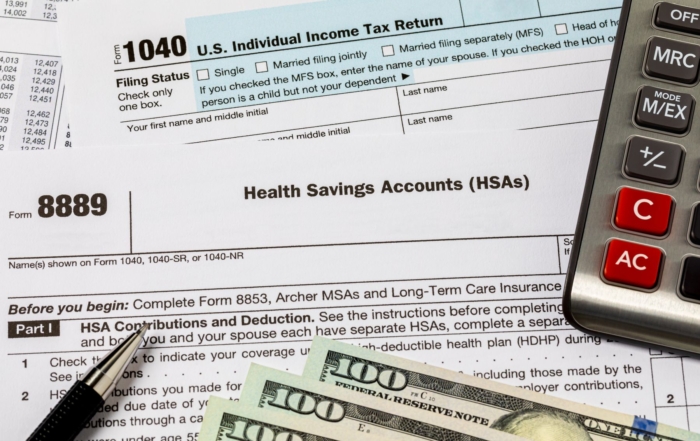Mental health is just as important as physical health, and it’s important to seek help if you’re struggling. But mental health care can be expensive, which is why it’s important to know how to use your health savings account (HSA) to help cover the costs.
HSAs are available to those with qualifying high-deductible health insurance plans. You can use HSA funds to pay for qualified medical expenses, including prescription drugs and therapy to treat a specific condition. It may surprise you to learn that you can even use HSA funds to cover transportation costs related to mental health, such as gas for your trips to the therapist.
Here are three ways to use your HSA to access mental health care:
- Pay for therapy. Therapy is one of the most effective treatments for mental health conditions. You can use your HSA funds to pay for therapy sessions with a licensed therapist.
- Purchase prescription drugs. Many mental health conditions require medication. You can use your HSA funds to pay for prescription drugs to treat your mental health condition.
- Cover transportation costs. Transportation costs can add up, especially if you have to travel long distances to see a therapist. You can use your HSA funds to cover the cost of gas, parking, and tolls when you travel to your appointments.
If you’re struggling with your mental health, don’t wait to get help. Use your HSA to cover the costs of therapy, prescription drugs, and transportation to your appointments. You don’t have to go through this alone.
Here are some additional tips for using your HSA to access mental health care:
- Make sure your HSA plan allows you to use your funds for mental health care. Not all plans do.
- Keep track of your receipts. You’ll need to keep track of your receipts for all qualified medical expenses, including mental health care.
- File your taxes. You’ll need to file your taxes each year to claim a tax deduction for your HSA contributions and qualified medical expenses.
If you have any questions about using your HSA to access mental health care, contact your NARFA Trust Representative.
NARFA members also have access to an Employee Assistance Program (EAP).
To learn more about NARFA programs contact us today!
Recent Posts
Poison Ivy, Oak & Sumac Safety Guide for Landscaping, Construction, and Outdoor Workers
Why Construction and Outdoor Workers Need to Know About Poison Plants The CDC reports that 80-90% of adults develop rashes from poison ivy exposure, and [...]
Multi-State Business Operations: Insurance and Compliance Strategies for Growing New Hampshire Auto Companies
Picture a successful New Hampshire automotive dealership that starts with a single location in Manchester. Over time, they expand their service territory, hire employees who [...]
Revolutionary HSA Changes in the 2025 Budget Bill: Your Complete Guide to Expanded Benefits
Introduction: A Game-Changer for Healthcare Financial Planning The 2025 federal budget reconciliation bill, recently passed by the House, introduces the most significant expansions to Health [...]




